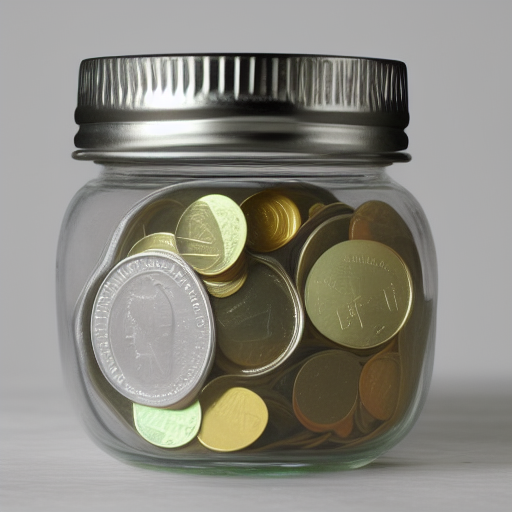If despite your best efforts to cut costs, your energy bills are still high, it’s worth examining your unused appliances. This is a guide to save money on unused household appliances
It’s tempting to believe that switching the switch is enough, but with most appliances still consuming electricity while plugged in and people’s finances being squeezed by the cost of living crunch, it’s time to say goodbye to your home’s bloodsucking devices and make your home more energy efficient.
Television
Many UK households have more than one television, so it’s easy to just leave them in standby using the remote control.
It’s fast and convenient, but it won’t likely impact your monthly bill. Over the course of a year, this might cost you a lot of money. Many households admit they just leave them plugged in and how no idea how much energy they use!
Leaving your television on standby for just 60 minutes can use up to 10 watts, or 28p, of electricity, which may increase your annual energy cost by £25.
Even though it may take a few more seconds and require you to reach behind your couch, flipping the switch is worth it when considering the money you’ll save.
Printer
Although your printer is probably not one of the most-used appliances in your house, leaving it plugged in may rapidly turn it into one of the most expensive.
Your printer can rack up a electricity bill of over £10 in little more than a year, even if you don’t print a single page. Many modern printers and scanners are some of the worst offenders when it comes to high energy output.
If you don’t use your printer very often, think about buying a more basic model. This will help reduce any unnecessary energy consumption.
Out-of-sight, out-of-mind is a saying for a reason–Printers have a tendency to gather dust when stashed away. This not only wastes valuable storage space in your home but it’s also inefficient.
Games consoles
If you’re an avid gamer, keeping your games console in standby mode can be a great way to pick up where you left off with minimal start-up time.
Despite the ability for games consoles to perform voice commands and install software updates while in ‘instant on’ mode, you may not be as enthusiastic when you open your bill at the end of the year.
UK households also spend £231 million annually on games consoles that are in standby. That might not seem like much, but it does add up to about £22 per year. So while you’re saving yourself a couple seconds of time, your convenience could be costing you money.
If you want to save money on your game consoles, put them in energy-saving mode or unplug them when you’re finished playing.
Laptop
With the outbreak of COVID-19, remote and hybrid working has become increasingly popular as people are forced to work from home.
By pressing the power button on your laptop instead of simply closing the lid, you can save up to £5 annually on your energy bill. Additionally, this action can protect your laptop from unexpected power surges and ensure essential updates are installed for fewer interruptions during important business calls or when project deadlines are looming.
Unplug appliances when you are not using them, it will save you money.
Smart speaker
It can turn on the lights, play your favourite song, and answer any burning question or issue you may have. However, in order to deliver you with maximum pleasure, your smart speaker must also consume a lot of power.
When compared to other smart speakers, the Google Home Mini might only consume three watts of power when in use, but it uses just two watts when in standby power, saving you up to £4 each year by unplugging your smart speaker when not in use.
This may not seem like much at first, but with the average home already having numerous smart speakers and the energy price cap projected to proceed for another 32% increase, you may save by only turning it on when you need it, which might be just a few times each week. Thus eliminating wasted energy.
It’s reasonable to turn on your household appliances, but pressing the power button might be a waste if you don’t flip the switch. Standby power is a convenient, albeit expensive, option during the current cost of living crisis. Unplugging devices such as a power strip, or power strips would save alot as multiple appliances are plugged in, saving electricity and money in the long run.
Its always worthwhile to monitor your electricity usage, ensure you are doing the best you can to lower your electric bill and stop the energy vampires!
Smart meters (electricity monitor) are a good option which can be requested from your provider which is a good idea for saving money.
For more of our articles click here.
An article on tips to save energy by Money Saving Trust here.








